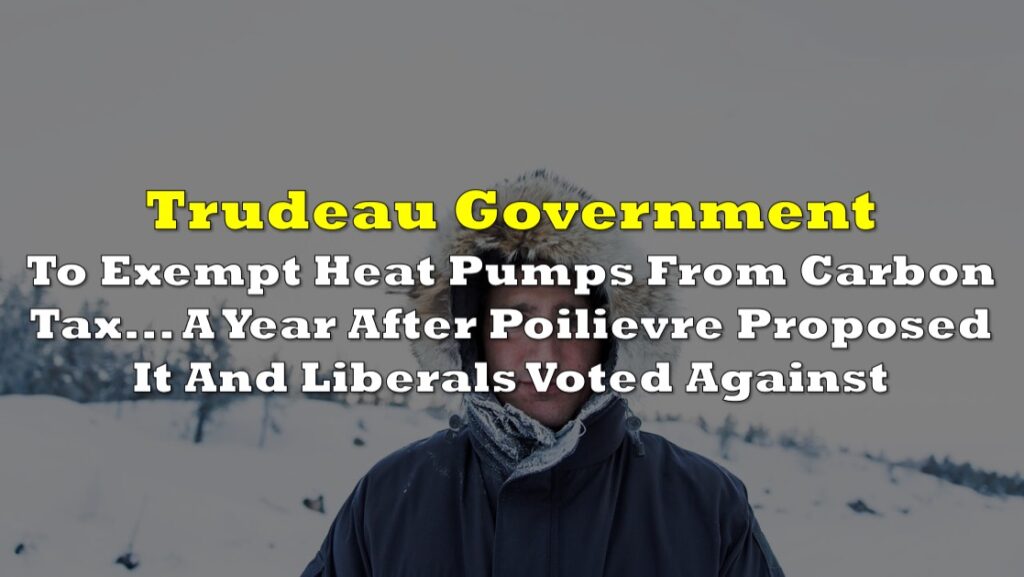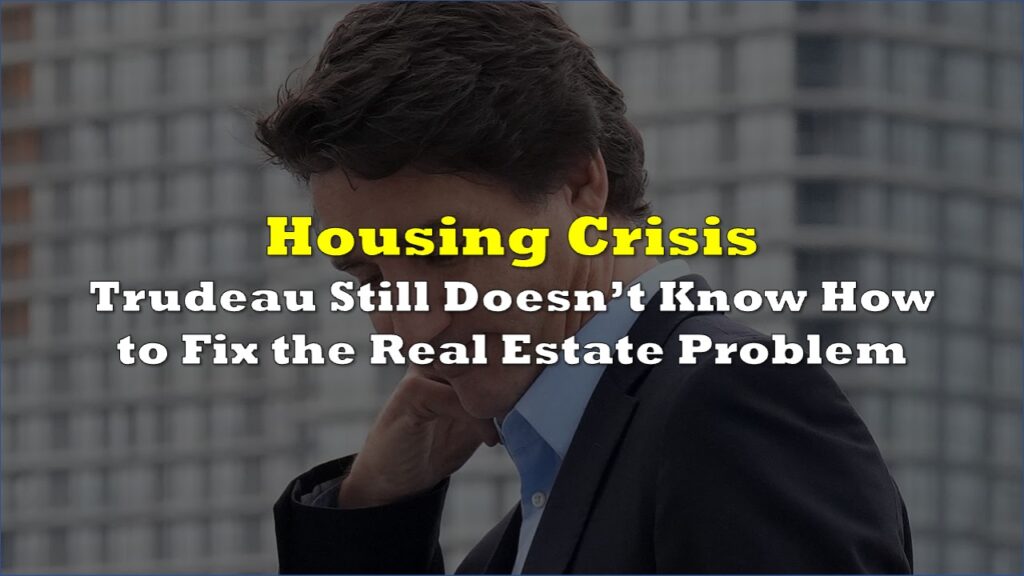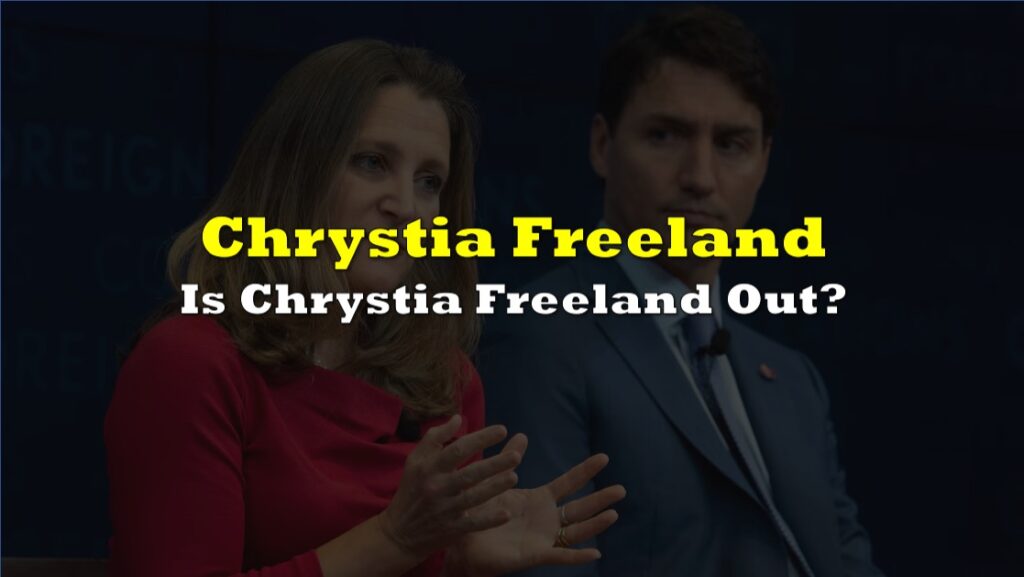In an impassioned call for a federal election, Saskatchewan Premier Scott Moe has reignited debates over Canada’s trade policies and its leadership’s preparedness to handle escalating tensions with the United States. The call comes as U.S. President-elect Donald Trump signals protectionist policies that could include tariffs on key Canadian exports, prompting fears of economic fallout across industries.
Speaking to Global News on Thursday, Moe criticized the federal government’s handling of the brewing trade dispute. His comments followed reports that Canada is considering imposing export taxes on uranium, oil, and potash—three staples of Saskatchewan’s economy—in retaliation to proposed U.S. tariffs.
“We have just heard today that the federal government may be looking at export tariffs on oil, potash, and uranium,” Moe said. “It’s a betrayal of those that work in the industry. It certainly is a betrayal by the federal government if they are considering any type of an export tax.”
Moe emphasized the need for a cohesive strategy, one that brings provincial and federal governments together in a unified “Team Canada” approach. However, he argued that the current government under Prime Minister Justin Trudeau lacks the mandate to effectively represent Canadians in such high-stakes negotiations.
“Maybe it’s time for Canadians to have a say and a choice,” Moe continued. “We would ask Prime Minister Trudeau to do the right thing, to give Canadians the opportunity to make the choice on who is going to represent them at the table.”
Export wars
Canada’s economy faces significant risk as Trump’s proposed tariffs threaten to disrupt trade flows that have defined North American economic cooperation for decades. The U.S. accounts for nearly 75% of Canada’s exports, making any disruptions potentially catastrophic for industries such as energy, agriculture, and manufacturing.
Saskatchewan, a global leader in potash production and a major supplier of uranium, stands at the center of this economic storm. Potash, critical for global agriculture, and uranium, vital for nuclear energy, are significant revenue streams for the province.
The federal government’s rumored export tax on these resources could intensify existing challenges. Analysts warn that such a measure might push U.S. buyers to seek alternative suppliers, undermining Canada’s dominance in these markets.
Canada’s oil industry faces similar uncertainty. With monthly exports to the U.S. averaging nearly 4 million barrels per day, any export tax could drive up prices for American consumers while destabilizing Canada’s energy sector. This move would come at a time when provinces like Alberta and Saskatchewan are already grappling with volatile global oil prices and infrastructure bottlenecks.
Saskatchewan isn’t alone in expressing frustration. Ontario Premier Doug Ford has taken a more confrontational stance, threatening to cut energy exports to key U.S. states, including Michigan, New York, and Wisconsin.
“We will go the full extent,” Ford said in an interview earlier this week. “At the top of that list for Ontario is possibly cutting off energy supply to key U.S. states.”
The current standoff echoes earlier trade conflicts during Trump’s first term. In 2018, his administration imposed steep tariffs on Canadian steel and aluminum, causing significant economic strain. Although those tensions subsided with the 2021 United States-Mexico-Canada Agreement, Trump’s return to office has reignited fears of another wave of protectionist policies.
Trudeau has urged unity among provincial leaders, promising a coordinated approach to the impending challenges. Deputy Prime Minister Chrystia Freeland hinted at countermeasures to protect Canadian interests but refrained from detailing specific actions.
Information for this story was found via Global News and the sources and companies mentioned. The author has no securities or affiliations related to the organizations discussed. Not a recommendation to buy or sell. Always do additional research and consult a professional before purchasing a security. The author holds no licenses.









